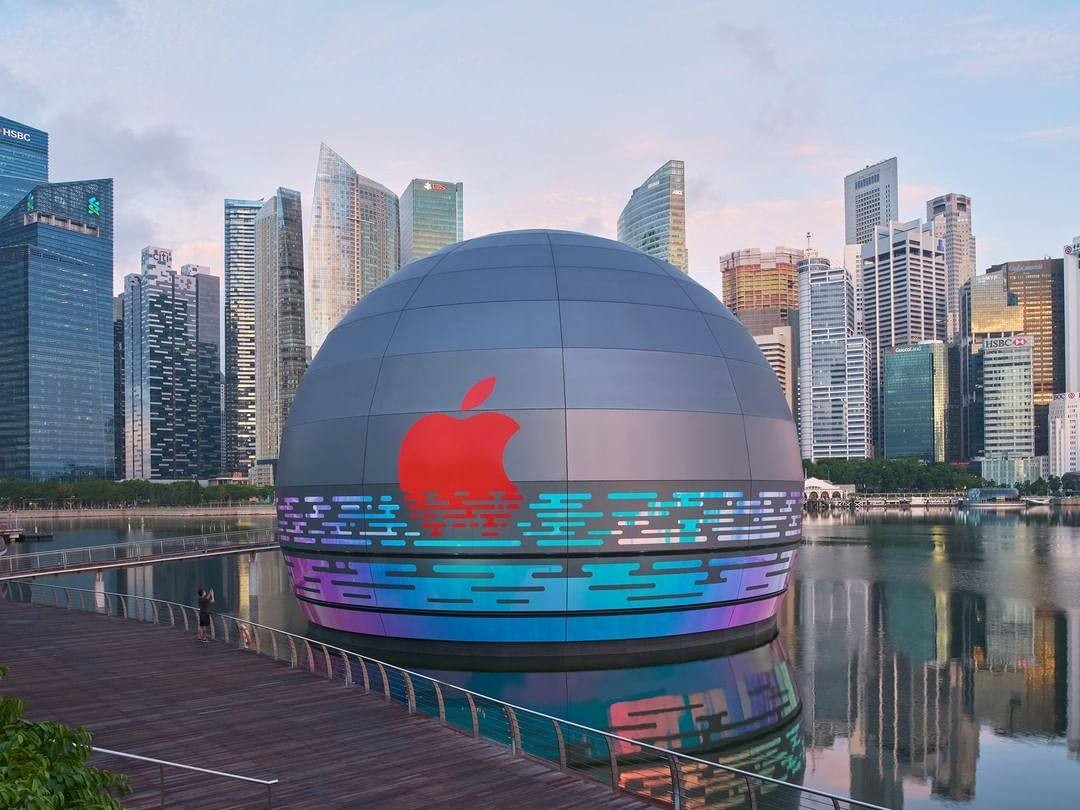
In a bid to overturn Indonesia's recent ban on iPhone 16 sales, tech giant Apple has proposed a significant investment in the country's manufacturing sector. The company has put forward a plan to invest nearly US$10 million in a new factory located in Bandung, southeast of Jakarta.
This move comes in response to the Indonesian Ministry of Industry's decision last month to block the sale of the latest iPhone model. The ministry cited Apple's failure to meet the country's 40% domestic content requirement for smartphones and tablets as the reason for the ban.
Under the proposed plan, Apple would partner with its existing suppliers to establish a facility dedicated to producing accessories and components for Apple devices. The company has submitted this proposal to the Ministry of Industry, which is currently reviewing the offer. A decision is expected to be announced soon, though the proposal may still be subject to modifications.
The iPhone ban in Indonesia is part of a broader push by President Prabowo Subianto's government to encourage international companies to increase their local manufacturing presence. This policy aims to protect and bolster domestic industries. In a similar move, the country has also prohibited the sale of Google Pixel phones due to a lack of local investment.
For Apple, the US$10 million investment represents a relatively small price to pay for access to Indonesia's lucrative market of 278 million consumers, with over half of the population under 44 years old and technologically adept.
The Indonesian government has stated that Apple's current investment in the country, primarily through developer academies, amounts to 1.5 trillion rupiah (US$96.2 million), falling short of its promised 1.7 trillion rupiah commitment. In addition to the investment proposal, authorities have requested e-commerce platforms like Tokopedia and TikTok to remove iPhone 16 listings or face potential legal consequences.
As both parties await the ministry's decision, the outcome of this negotiation could set a precedent for how global tech companies navigate Indonesia's evolving industrial policies and local content requirements.